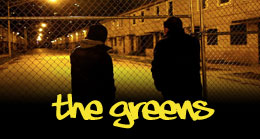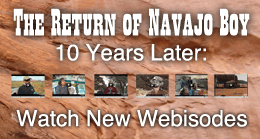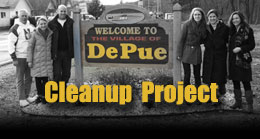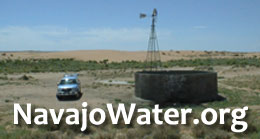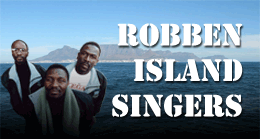Published: March 13, 2012
Although we have plenty of criticism of Kony 2012 video, it offers important lessons about HOW documentary can contribute to social change. As storytellers, we know the power of the specific to illuminate a larger social problem, and the power of one voice to make a difference. Groundswell works collaboratively and uses film as a vehicle for people to tell their own stories across cultures. We’ve had a lot of success in moving policymakers and people to take action — see www.navajoboy.com. But with Kony 2012, the voice of the ‘other’ is silent. They never speak. Everything about Kony 2012 is from the outside in. Looking beyond the controversy, I want to learn from the success of the campaign and try to understand what makes it work.
First, they made the issue super simple (deceptively simple?). In this instance, it seems irresponsible, but in general, simpler messages work best. In our Return of Navajo Boy campaign, when we spoke of Elsie’s house made of Uranium rock, it brought tons of media and a federal response. The Uranium house opened the door to a much larger and deeper examination of the issues of uranium contamination on the Navajo Reservation. A deeper look into the LRA is probably not the intent of Kony 2012, and neither the film or the campaign are attracting those who might be so inclined. Get the bad guy is a pretty simple concept, and it appeals to millions.
Another observation is that the filmmakers broke the fourth wall. The filmmakers are visible, they tell their story from their own perspective, and their objective is clear from the outset. This seems important. We are experimenting with this transparency in our newest film, Food Patriots (www.foodpatriots.com), and I have to admit, being in the film feels mighty uncomfortable. We didn’t put ourselves much in www.RobbinIslandSingers.com, and people were confused about Groundswell’s role. They seldom understood that the Singing group and education project were our doing, and could understand even less our motivation for doing it. The manner that Russell expresses his point of view is repulsive to some, but the folks he’s trying to reach identify with his western perspective and his motive, so in that regard, he’s right on his target.
Another observation is that we see ourselves in this film and we like our reflection. “We” are the privileged, the tech-savvy, and the social media using audience. We have the power to be a savior, to wear the white hat, and to get instant recognition among our friends. The film is not about Kony, the LRA , the generations of child soldiers, ,orphans, or even Jacob. Its about us; the power we can wield with a click of a finger, and the power we can influence if we all click together.
Kony 2012 emboldens my belief in Groundswell’s mission, and in the possibilities for documentary to truly influence social change. There are so many incredible filmmakers out there making media that can make a difference — Kartemquin Films, Siskel/Jacobs Productions, and even veterans like Michael Moore. Kony 2012 gives us all lessons we can use to re-activate the films we have made, and to borrow from elements that spawned success here to make our future work even more effective at moving audiences to take action.




